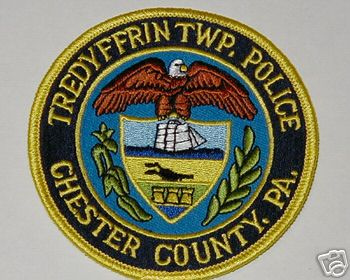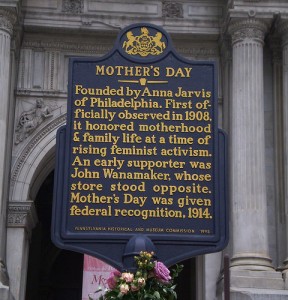Don’t know if you are aware, but Republican State House candidate Ken Buckwalter is a citizen journalist with a blog, Watching Phoenixville. Buckwalter started the blog several years ago, long before deciding to run for the State House 157. This week his opponent Warren Kampf sent out a campaign mailer that contained several quotes attributed to Buckwalter, and unfortunately for Buckwalter may have been taken out of context, and lead the voter to misunderstanding. With this type of 11th hour campaign strategy, it can be difficult for the targeted person to respond.
I can speak from personal experience about last-minute campaign tactics. Aside from my election, many of you will recall a ‘comparison’ campaign mailer which targeted Eamon Brazunas that was received by voters very close to November’s Election Day; a situation that can make it nearly impossible for a candidate to recover. In Buckwalter’s case, I don’t know he has sufficient time to mail a response mailer to the voters prior to Tuesday’s Primary. However, Buckwalter is using his own social media tool, Watching Phoenixville, to correct Kampf’s misinformation. Further details and explanation can be found on Buckwalter’s campaign website, www.BuckwalterForPA.com (For the record, Buckwalter did not ask nor suggest that I add this post to Community Matters.)
Below is Buckwalter’s current posting on Watching Phoenixville:
Response to a Warren Kampf Attack Mailer
More at www.BuckwalterForPA.comI just received a mailer from my opponent, Warren Kampf, attacking a post I wrote August 4th 2008. I stand by what I wrote in Alcoholic Drink Tax & Maybe a City Charter.
Warren’s mailer took the following from my post: “Maybe it is time for Phoenixville to look into a drink tax what with the many, many taverns, pubs and bars opening up in our downtown.”
Warren then states “Two times – in 2010 and in 2008 – (Ken) supported a new “drink tax” in Phoenixville – a tax that would hurt the revitalization of his community.”
Unfortunately, Warren couldn’t be more deceptive in his attack as he left out the rest of what I wrote.
“This would provide the consistent funding source needed to continue to revitalize and promote the downtown with the possibility of providing some property tax relief for our residents. At least those who enjoy our downtown but don’t live here, would help contribute financially to the added expenses of sustaining our growth.”
Warren also failed to inform that Phoenixville property owners were about to be put on the hook to the tune of $625,000 for 5 years if Council passed funding for the services of the CDC. The amount would equate to almost a 10% tax increase before the budget even got underway for 2009.
It should be noted that the funding did pass that August but was cut in half for the 2010 budget.
Click to read post: Alcoholic Drink Tax & Maybe a City Charter.


